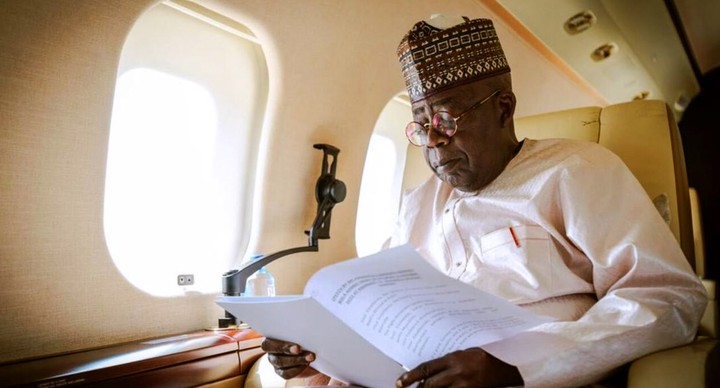Following an analysis by Nigeria’s public debt stock, released by the National Bureau of Statistics, each Nigerian currently owes N396,376.19 in terms of debt per capita.
The NBS published that the country’s total public debt increased by 75.27 per cent from N49.85 trillion in the first quarter of 2023 to N87.38 trillion at the end of the second quarter of 2023. In monetary terms, this is an increase of N37.53 trillion in three months.

The ICIR calculated the debt stock per capita by dividing the total public debts of the country by the country’s population. According to the World Poverty Clock, Nigeria’s population is estimated at 220.4 million.
Breaking down by category, the total external debts by the federal government stood at N29.9 trillion, while the 36 States and the Federal Capital Territory external debts were N3.35 trillion.
For domestic debts, the Federal government’s debt is N48.31 trillion, while for States and FCT is N5.82 trillion.
A report captured that the debts also contain the N22.71 trillion Ways and Means Advances of the Central Bank of Nigeria to the Federal government adding that other additions to the debt stock were new borrowings by the Federal government and sub-nationala from local and external sources.
Way and Means Advances is when the Federal government obtains a loan from CBN to meet short-term needs of emergencies. According to Section 38 of the CBN Act, the loan should not exceed five per cent of the country’s previous year’s actual revenue. The ICIR reported how CBN violated the Act by overlending the sum of $49.2 billion to the previous government.
According to NBS, the domestic debt as of the end of June 2023 was N54.13 trillion ($70,264.58 million), while external debt stood at N33.25 trillion ($43,159.19 million).
According to the data bureau, “Lagos state recorded the highest domestic debt in Q2 2023 with N996.44 billion, followed by Delta with N465.40 billion while Jigawa state recorded the lowest domestic debt with N43.13 billion, followed by Kebbi with N60.94 billion.







